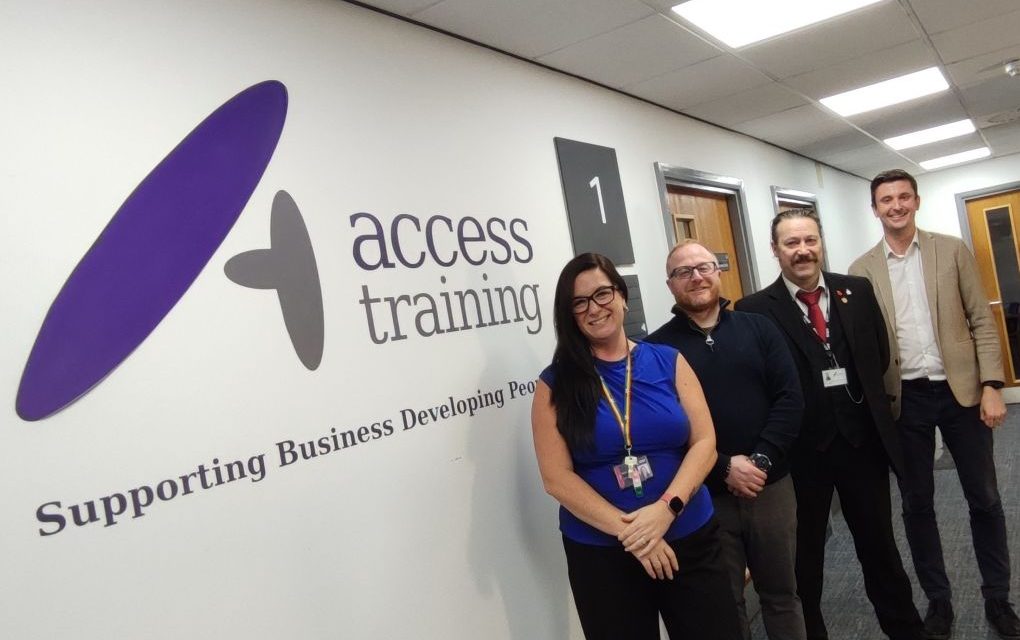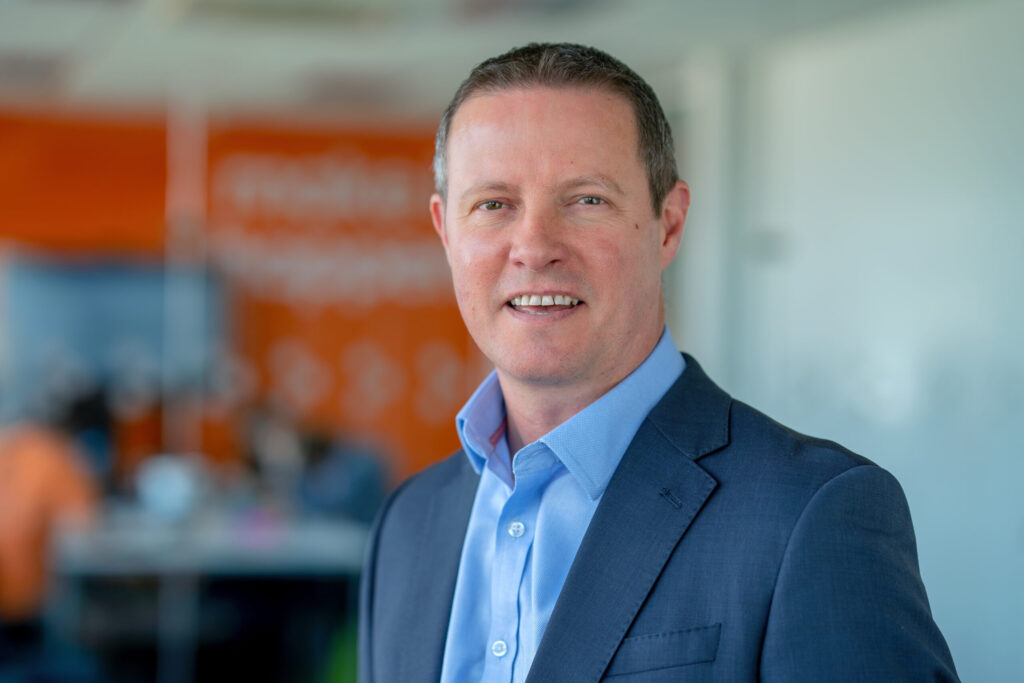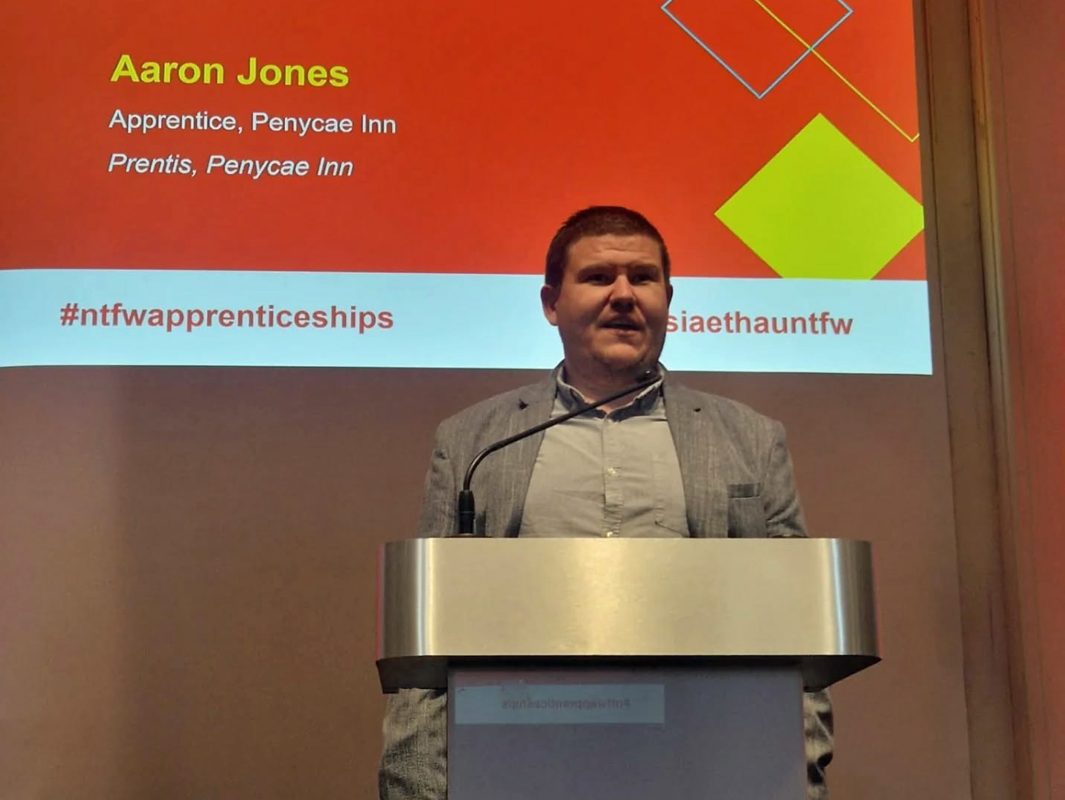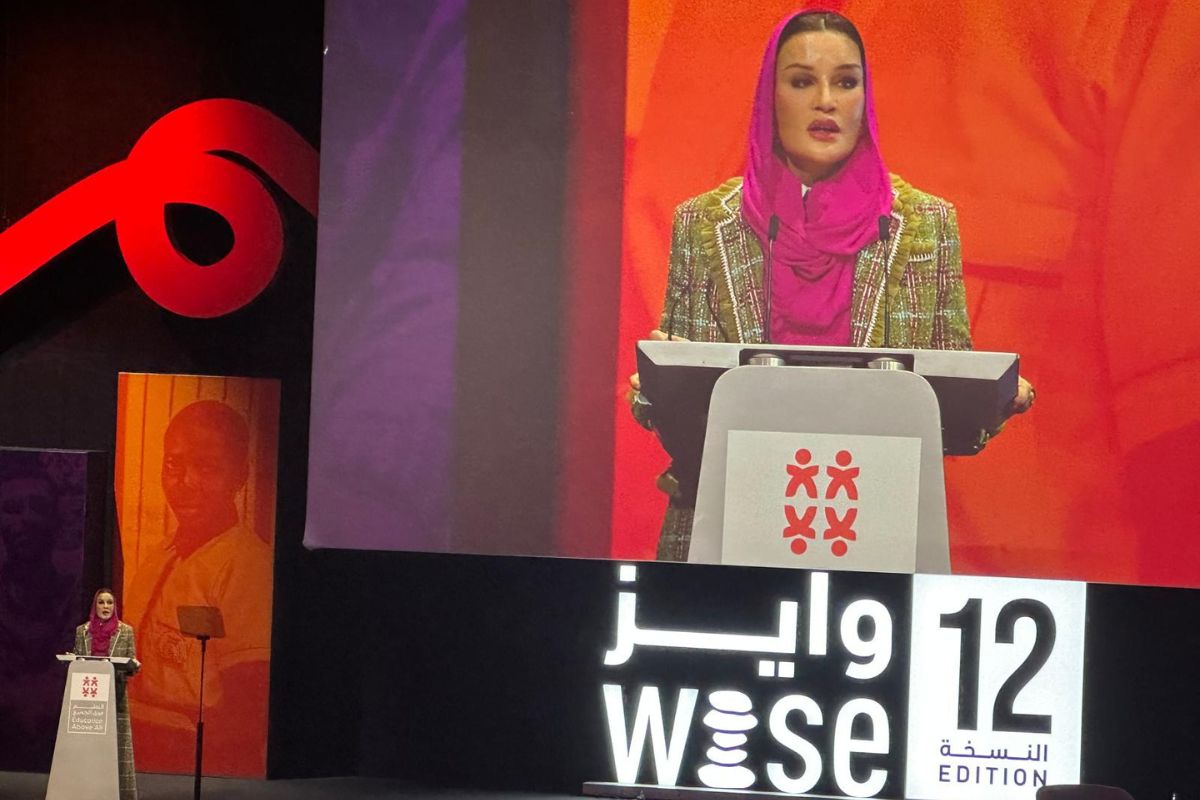Lewis Hamilton announces board members of The Hamilton Commission set up to encourage young Black people to enter STEM careers – particularly UK motorsport

The Hamilton Commission, set up by @LewisHamilton at the beginning of the year, is aimed at improving the representation of Black people in UK motorsport
Six-Time Formula One™ World Champion, Lewis Hamilton MBE HonFREng and the Royal Academy of Engineering today (24 Sept) announce the Board of Commissioners for The Hamilton Commission. This research project will work to identify the key barriers to the recruitment and progression of Black people in UK motorsport and provide actionable recommendations to overcome them.
The Hamilton Commission will be co-chaired by Lewis Hamilton and Dr Hayaatun Sillem CBE, Chief Executive of the Royal Academy of Engineering. The Board of Commissioners is an independent group made up of 14 experts and industry leaders from within the UK who represent a range of perspectives on the challenge.
The Commissioners have been specially selected to represent a wide range of expertise spanning critical areas of influence including motorsport, engineering, schools, colleges and universities, community/youth groups, as well as major UK political parties.
“Change isn’t coming quickly enough, and we need to know why”, says Lewis Hamilton, Formula One World Champion
Imperial College’s President, Professor Alice Gast, has been appointed to the Board of The Hamilton Commission. This research project will work to identify the key barriers to the recruitment and progression of Black people in UK motorsport and provide actionable recommendations to overcome them.
Professor Gast joins 13 other industry leaders and experts from the UK on the board, who represent a diverse range of relevant fields including motorsport, engineering, education, community groups and politics.
“Inclusion and excellence go hand in hand”, commented Professor Alice Gast, President, Imperial College London
Members of the board will be responsible for reviewing and informing The Hamilton Commission’s research methodology, examining findings and helping to identify the key challenges and opportunities facing young Black people entering STEM careers – particularly in UK motorsport, and advising on the final actions and recommendations that result from the research. Commissioners will also support championing and implementing recommendations from the resulting report within their sphere of influence.
The current world champion, widely regarded as one of the greatest drivers of all time, is an outspoken advocate for racial equality. This season he has taken the knee before races, worn Black Lives Matter t-shirts, and highlighted cases of racial injustice and police brutality. He has used his profile and influence to promote diversity in motorsport and engineering throughout his career.
Lewis Hamilton said:
“Since I began my professional racing career in Formula One, 14 years ago, I was the first driver of colour and to this day, sadly that is still the case. However, what is more concerning is that there are still very few people of colour across the sport as a whole. In F1, our teams are much bigger than the athletes that front them, but representation is insufficient across every skill set – from the garage to the engineers in the factories and design departments.
“Change isn’t coming quickly enough, and we need to know why. This is why I wanted to set up the Commission and I’m proud to be working with the Royal Academy of Engineering and our incredible Board of Commissioners to identify the barriers facing young Black people to take up STEM careers in motorsport. We are dedicated to this cause and together, we will make a change.”
Professor Alice Gast, President of Imperial College London, said:
“Lewis Hamilton’s vision in founding The Hamilton Commission will not only strengthen Formula One and motorsport but will help bring needed talent into engineering. Inclusion and excellence go hand in hand. Lewis is a role model for future stars of engineering and innovation as much as he is a sporting icon and I’m very pleased to be working with him.”
Commission Co-Chair Dr Hayaatun Sillem said:
“At the Royal Academy of Engineering, one of our priorities is to ensure that the UK has a world-leading and truly inclusive engineering workforce, which we can only achieve if we boost the numbers and diversity of those choosing engineering careers. This is why we are so delighted to be partnering with Lewis in establishing The Hamilton Commission to improve the representation of Black people in UK motorsport. I was honoured to be asked to co-chair with Lewis our wonderful Board of Commissioners, who have each been carefully selected based on their experience, expertise and commitment to tackling racial injustice. This is a truly unique opportunity to drive transformational change on this crucial issue, and in the process to learn more about how we can enrich diversity in other parts of engineering and society.”
Formula One at Imperial College
Imperial College has been a driving force for talent and innovation in Formula One, almost from its inception. Scores of alumni from the Department of Aeronautics work for F1 teams, as do many other Imperial graduates.
In the 1960s, when the importance of aerodynamics in Formula One racing was becoming more widely appreciated, the department became involved in much of the pioneering work in this field – including pivotal wind-tunnel testing for Donald Campbell on his Bluebird record-breaking car. A contract from Honda in the 1980s enabled the department to build a substantially larger wind tunnel, the Honda 10×5 Tunnel, optimised for race-car testing.
Since then the wind tunnels at Imperial have been used by many major Formula One teams including McLaren, Williams and Ferrari. The governing body of Formula One, the FIA, commissioned a program of testing at the Imperial Wind Tunnel to determine how downforce and drag are affected during an overtaking manoeuvre.
Recent research into flow control techniques and the development of cutting-edge numerical and experimental methods has allowed specific and significant improvements in the aerodynamic design of Formula One racing cars. Professor Peter Bearman’s research into the geometry changes and their effect on drag has led to improved lap times and a more competitive race environment. Professor Spencer Sherwin has made key developments to the high-order numerical code, Nektar++, allowing the accurate and transient simulation of flow around or over complex geometries. Sponsored by McLaren, he has applied these methods to numerically simulate the unsteady flow around geometries relevant to a Formula One car.
Tackling racial inequality at Imperial College
Earlier this year Imperial’s President announced a series of initiatives to address current and historic racial injustices at Imperial and beyond.
Among immediate steps being taken are driving forward a new outreach programme targeting Black students in London to double the number coming to Imperial by 2024-25, establishing a new scholarship fund to support Black students, and commissioning a working group to examine the College’s history and legacy in the context of colonialism and empire.
Each of the Commissioners will bring valuable expertise, knowledge and experience from their respective fields to The Hamilton Commission. Their responsibilities will be to review and inform the research methodology; to examine the research findings and help identify the key challenges and opportunities facing young Black people entering STEM careers, particularly in UK motorsport; and to advise on the final actions and recommendations that result from the research. Following engagement and consultation with motorsport communities within the UK, the final evidence and recommendations will be published and taken directly to key stakeholders who can help implement change. Commissioners will also support this effort by applying their influence to champion the insights and recommendations from the project.
The Board of Commissioners for The Hamilton Commission include:
- KAREN CHOUHAN, Lead Equality Officer with a specialism in race policy for the National Education Union
- JEREMY CROOK OBE, Chief Executive of the Black Training and Enterprise Group
- TRACEY CROUCH MP, former Sports Minister and British Conservative Party politician
- DR NIKE FOLAYAN MBE, Co-founder and Chair of the Association for Black and Minority Ethnic Engineers, AFBE-UK
- PROFESSOR ALICE GAST FREng, President of Imperial College London
- MARK HAMLIN, Chair of Project 44
- DR ZUBAIDA HAQUE, Former Interim Director of the Runnymede Trust
- DR ANNE-MARIE IMAFIDON MBE, Co-founder of Stemettes and Trustee at the Institute for the Future of Work
- GEORGE IMAFIDON, Co-Founder of Motivez, One Young World Ambassador and Royal Academy of Engineering Scholar
- GLEN LAMBERT, Head of School of Construction, Science and Engineering at College of Haringey, Enfield and North East London
- PROFESSOR DAVID MBA, Pro-Vice-Chancellor Research and Enterprise, and Dean of the Faculty of Computing, Engineering and Media at De Montfort University
- IZZY OBENG, Managing Director at Foundervine and Non-Executive Director for Capital Enterprise
- CHI ONWURAH MP, British Member of Parliament representing Newcastle upon Tyne Central and also Shadow Minister Digital, Science & Technology
- MARTIN WHITMARSH, Former CEO of the McLaren Formula One Team, Member of the Global Advisory Board of Formula E, Chair of the Offshore Wind Growth Partnership Limited and Chairman of BAR Technologies Limited
The first meeting of the Board of Commissioners took place earlier this month, where the Commissioners shared their initial insights and thoughts on the research plan with Lewis and Hayaatun. The Board will meet quarterly to discuss and inform the latest Commission research and explore how the Commissioners can advance agreed-upon recommendations through their networks.
The Hamilton Commission will undertake a range of activities to help inform the research findings. These activities will include initial data analysis, stakeholder mapping, a literature review in sport, education and employment, as well as in-depth surveying and analysis with youth focus groups and key stakeholders. At the end of the research project, The Hamilton Commission will aim to deliver recommendations about inclusive recruitment and progression practices that will benefit young Black people wishing to work in the sector in the UK, and perhaps internationally too, should the actions be replicable.
The Hamilton Commission has been in development since December 2019 but publicly launched in June 2020 to coincide with the heightened media and public interest in the Black Lives Matter movement and greater scrutiny of race inequality in society. The Commission will run for nine months and officially begins on September 1st, 2020.











Responses